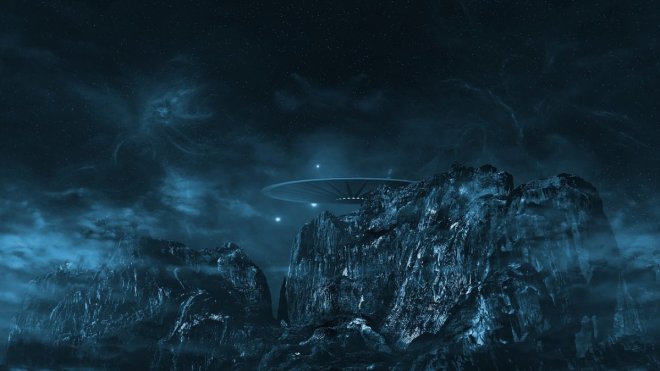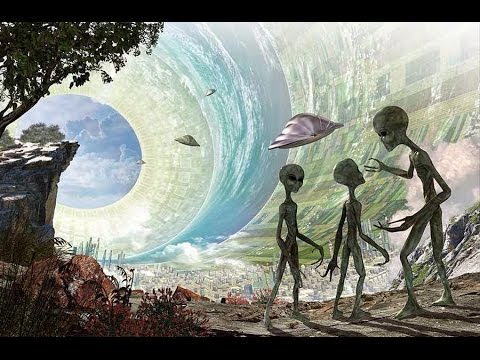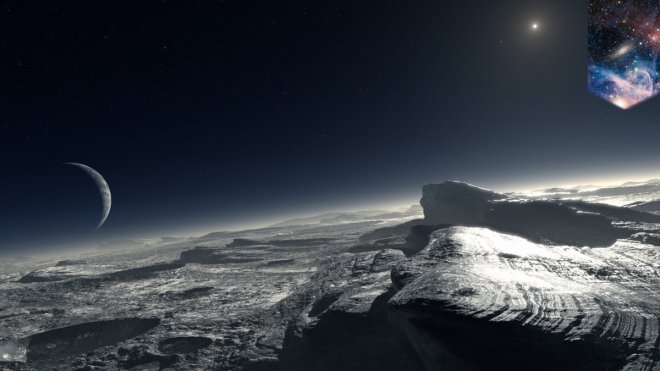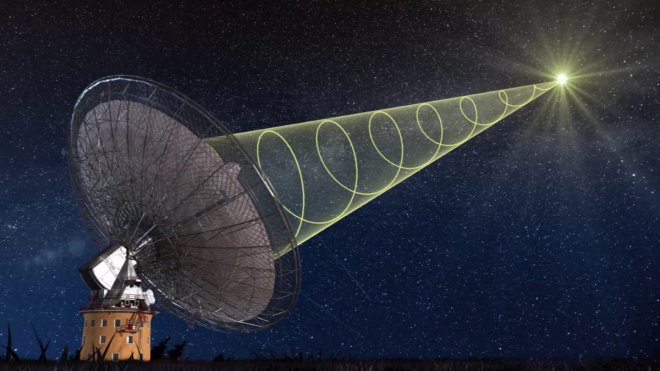"Where is everybody," one of the greatest physicists of the world Enrico Fermi had asked this now-popular question in the 20th century while speaking of the existence of extraterrestrial lives in the universe. Considering the vast range of the universe, why haven't we made contact with alien lives out there or why haven't they found us already?
This is known as the Great Silence or Fermi Paradox. While scientists, over the years, have tried to give several satisfying answers to the questions, here are five of the most popular and sound reasons as to why we haven't met with our extraterrestrial neighbours yet.

There is another superpower:

One of the most popular theories, argued by a research associate from Oxford's Future of Humanity Institute, Robin Hanson in 1998, is the Great Filter. According to this theory, something is present out there in space, which prevents lives from making interstellar travels or communicating with other life forms. As per the research, the probability of the existence of this filter is greater than that of alien lives' existence.
"No alien civilizations have substantially colonized our solar system or systems nearby. Thus among the billion trillion stars in our past universe, none has reached the level of technology and growth that we may soon reach. This one data point implies that a Great Filter stands between ordinary dead matter and advanced exploding lasting life," stated Hanson in his research paper.
Let them complete their sleep:

Another theory, which has been published recently, states that may be ETs are hibernating and waiting for the environment to become just perfect for them to create their super society. According to the researchers, laws of thermodynamics restrict computation limit, which means, in order to perform properly, computing technologies require cooling.
Essentially, this theory states that aliens are waiting in a dormant form until the Universe is cooled. This aestivation hypothesis was conducted by researchers from the Astronomical Observatory of Belgrade and the Future of Humanity Institute at Oxford University and was published in the Journal of the British Interplanetary Society.
We are looking at the wrong places:

Alien life forms might be trapped in deep oceans of several planets. In 2015, New Horizon spacecraft of NASA for the first time ever managed a close flyby of the ice-cold planet Pluto and the images forced the scientists to question the existence of a subsurface ocean of water, piles of nitrogen and methane gas. The principal investigator of the probe Alan Stern then raised another question – what if life forms are present in these buried oceans and the outer ice shell is protecting them from a harsh climate and toxic gases of the planet's surface.
"Impacts and solar flares, and nearby supernovae, and what orbit you're in, and whether you have a magnetosphere, and whether there's a poisonous atmosphere — none of those things matter," said Stern as quoted in Space.com. Several other worlds along with Pluto have been found to have this kind of buried oceans, such as Jupiter's moon Titan and Saturn's moons Enceladus, Ganymede, Callisto and Europa. It would be difficult for any life form in this situation to come out and establish contact with other life forms in the universe.
We are doing it wrong:

We have been shouting out to the universe since decades now. Earth has been constantly sending radio signals in the hope of getting a reply. However, what if the intelligent extraterrestrial life forms don't work on the same frequency? It is possible that we have simply missed their signals because we could not understand the frequency of their signals? That's why a researcher from the University of St. Andrews in Scotland, Duncan Forgan has suggested that Earth should build up a galactic communications network.
Through this system, we could use the shadow of Earth, while passing in front of the Sun, to send a message to our extraterrestrial neighbours. According to Forgan's suggestions strong lasers which will carry the encoded messages. "If you want to communicate with someone on the other side of the galactic centre, there's lots of stuff in the way – dust, stars, a big black hole – so you can take the long way around using the network," said Forgan, as reported in the New Scientist. This way, different species and civilizations will be able to send messages to the intended recipient instead of losing them in the vast universe.
It's too early:

There is another plausible reason as to why we haven't heard from our fellow inhabitants in the universe. There is a good chance that we are being impatient. It has been only about a century since we have started searching for alien life forms and that's really small compared to the enormous history of the universe.
A Cornell University researcher and mathematics undergrad Evan Solomonides predicted in his paper that it would take another 1,500 years from today to actually find any hint of intelligent extraterrestrial life forms in the universe. "We predict that under 1% of the galaxy has been reached at all thus far, and we do not anticipate to be reached until approximately half of the stars/planets have been reached," wrote Solomonides in his paper submitted to the American Astronomical Society after studying the prospect of finding other life forms.
However, 1,500 years is not the ultimate deadline. "This is not to say that we must be reached by then or else we are, in fact, alone. We simply claim that it is somewhat unlikely that we will not hear anything before that time," mentioned the astrophysics undergrad at Cornell University.









